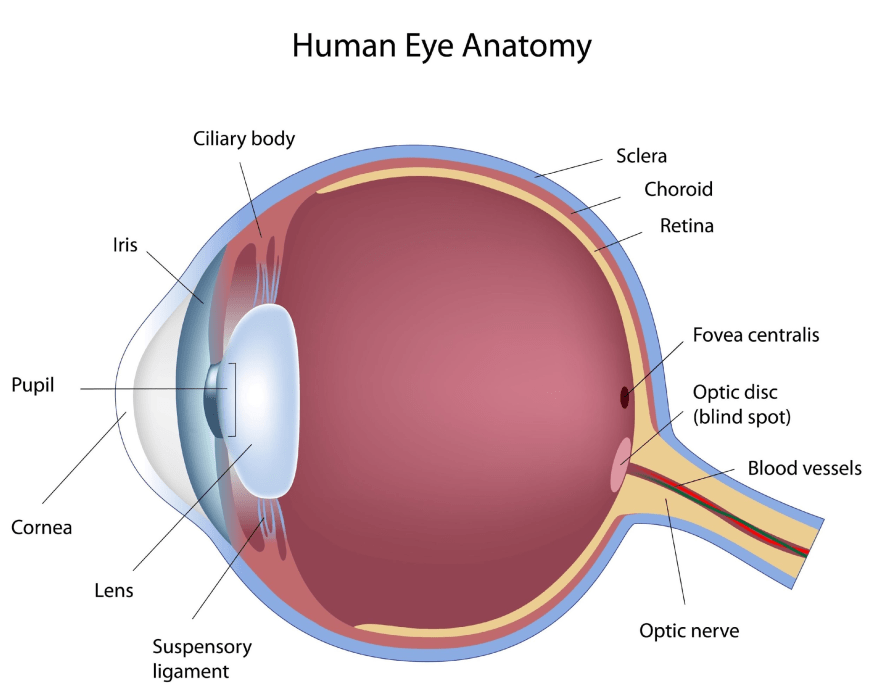
About Cornea Transplant
Cornea transplant replaces part of or the entire cornea with a healthy donor cornea. The donor cornea is extensively tested for clarity and potential viruses and infectious diseases.
Traditional, full thickness cornea transplant is also known as penetrating keratoplasty, or PKP. During PKP, a circular portion of the center of the diseased or damaged cornea is removed and replaced with healthy cornea tissue.
The alternative to full thickness cornea transplant is to replace the inner lining of the cornea with healthy donor tissue. This approach helps the eye to remain stronger and less susceptible to injury; it also produces a faster visual recovery. Our doctors offer both Descemet’s Stripping Endothelial Keratoplasty (DSEK) and Descemet’s Membrane Endothelial Keratoplasty (DMEK).
In general, it can take up to several months for the eye to adjust to its new cornea and recover clear vision. Patients must limit strenuous exercise and other activities while the eye heals, but can usually return to work after about a week.
When Is Cornea Transplant Needed?
Cornea transplant can be recommended in a variety of cases, including the following:
- Trauma or injury to the eye
- Advanced keratoconus
- Infections (e.g., herpes keratitis)
- Corneal dystrophy
- Corneal scarring
- Corneal ulcers
- Persistent corneal swelling
Fuchs’ Endothelial Dystrophy

In the early stages of Fuchs’ endothelial dystrophy, the symptoms and visual disturbances may be mild. Special eye drops can help reduce excess water and the intraocular pressure in the eye. As the disease progresses, it usually causes more pain, discomfort and even cornea scarring.
In the advanced stages of the disease, where there is significant vision loss, surgical treatment becomes necessary. One option is to replace the inner layer of the cornea (DSEK or DMEK); another is to replace the entire cornea with a donor cornea (PKP).
Learn More about Cornea Transplant
If you have developed a corneal condition that is in the advanced stages, cornea transplant may help save your vision. For more information about the techniques we use and what the surgery entails, please schedule a consultation with our cornea specialists at our Rochester, PA location.
